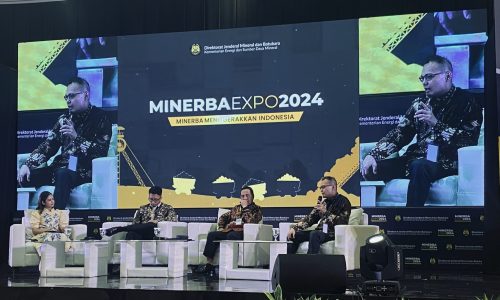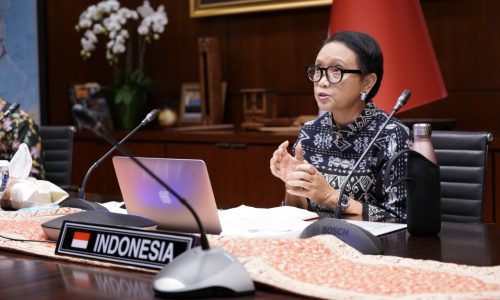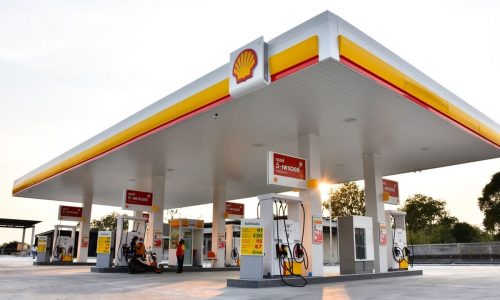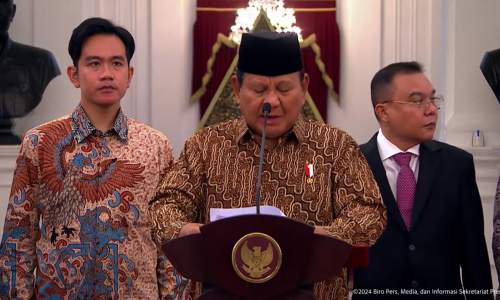The European Union’s Carbon Border Adjustment Mechanism (CBAM) has raised concerns among Indonesian cement industry stakeholders about its potential impact on national cement exports.
The Chairman of the Indonesian Cement Association (ASI), Lilik Unggul Raharjo, highlighted that regulations implemented in Europe are often emulated by other developed countries, particularly the United States and Australia.
This is significant as Indonesia exports cement to Australia and plans to begin exporting to the United States next year.
“Australia will implement carbon linkage. Although it has yet to be determined whether Australia will use a scheme like CBAM or simply use a carbon emission benchmark,” Lilik told a press conference on Monday, June 3, 2024.
CBAM aims to reduce carbon emissions by imposing higher import duties on high-carbon goods such as steel, cement, aluminum, fertilizers, and electricity.
This regulation is set to begin in 2026 and is expected to influence carbon emission standards in exporting countries, including Indonesia.
In 2022, Indonesia’s cement export volume increased by 20.22 percent year-on-year to 10.7 million tons. Despite this growth, the projection for this year shows a slight decline but remains above 10 million tons.
Lilik emphasized that CBAM could make it difficult for local manufacturers to meet the European carbon emission standards, potentially hindering exports.
Coordinating Minister for the Economy, Airlangga Hartarto, has also pointed out the potential impact of CBAM on Indonesia’s critical mineral trade with Europe, especially steel and nickel.
The policy allows EU member states to levy carbon taxes on imported goods from countries without carbon taxes, which could reduce the competitiveness of Indonesia’s mineral processing industry in the European market.
Facing these challenges, the cement industry and other sectors affected by CBAM need to prepare for the new regulations and strive to reduce carbon emissions to remain competitive in the global market.









